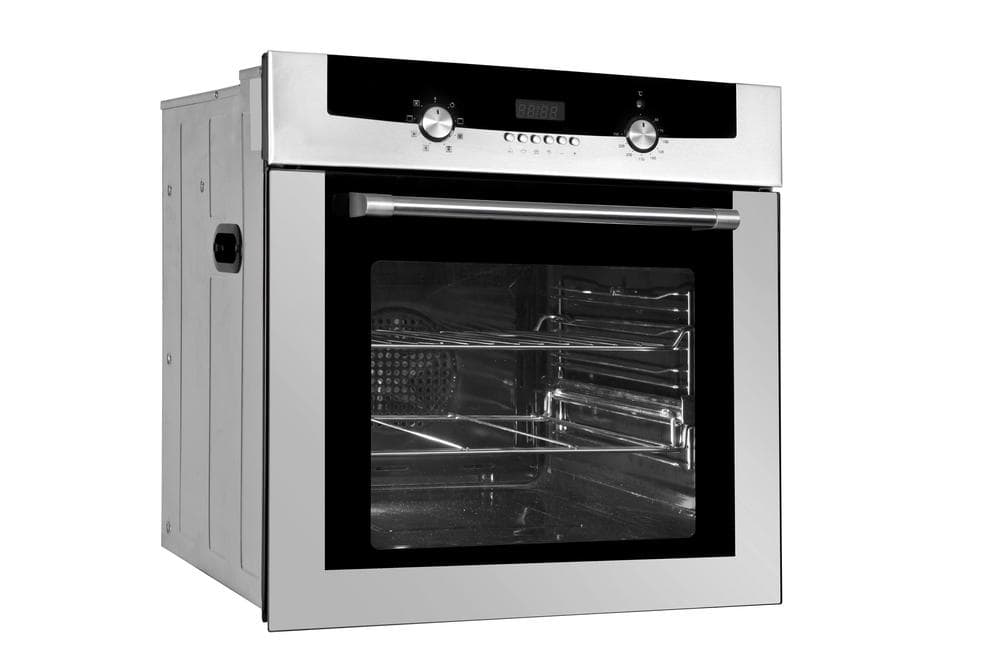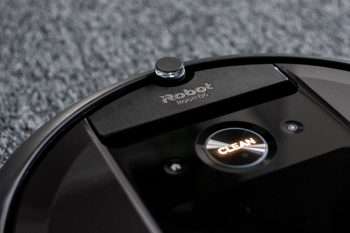
The invention of the oven is a significant milestone in human history, marking a pivotal moment in our culinary evolution. From the earliest roasting pits to the modern, high-tech appliances we use today, ovens have transformed the way we prepare and consume food. In this article, we will delve into the fascinating history of the oven, explore its evolution over time, and look forward to the future of oven technology.
The first ovens, which were essentially roasting and boiling pits, were used as early as 29,000 BC in Central Europe. The first recorded oven was built in 1490 in France, made using brick and tile. However, modern oven technology truly began to take shape in the 19th century with the invention of gas and electric ovens.
The Early Ovens
The first ovens date back to 29,000 BC in Central Europe. These early ovens were roasting and boiling pits inside yurts used to cook mammoth. In Ukraine, around 20,000 BC, people used pits with hot coals covered in ashes, with the food wrapped in leaves and set on top, then covered with earth. These primitive ovens were a far cry from the sophisticated appliances we use today, but they laid the foundation for the development of more advanced ovens.
The First Recorded Oven
The first recorded oven was built in 1490 in France, made using brick and tile. These ovens marked a significant advancement in oven technology, providing a more controlled environment for cooking compared to open fires. They were primarily used for baking bread and were often built as communal ovens where villagers would gather to bake their loaves.
The Introduction of Cast Iron Stoves
In the early 1700s, cast-iron stoves were introduced. These stoves were more efficient and provided better heat distribution than their brick and tile counterparts. The cast-iron stove was a significant innovation, paving the way for the development of modern ovens.
The Advent of Gas and Electric Ovens
The 19th century saw the invention of gas and electric ovens. In 1826, British inventor James Sharp patented the first gas oven and stove. In 1892, Canadian inventor Thomas Ahearn patented the first electric oven. These ovens provided better temperature control and were easier to use than the wood or coal-fired ovens of the past.
The Modern Oven
Today, ovens have become more advanced and versatile, with features such as convection cooking, induction cooking, and dual-fuel ovens that combine gas ranges with electric ovens. Modern ovens offer precise temperature control, multiple cooking modes, and advanced safety features, making cooking more efficient, convenient, and versatile.
The Future of Ovens
Looking to the future, we can expect several advancements in oven technology. All-in-one ovens, AI-powered ovens, hybrid ovens, and emission-free, hydrogen-fueled tunnel ovens are just a few of the exciting innovations on the horizon.
In conclusion, the history of the oven is a testament to human ingenuity and our never-ending quest for better ways to prepare our food. From the simple roasting pits of our prehistoric ancestors to the high-tech appliances of today, ovens have played a crucial role in shaping our culinary culture and practices. As we look to the future, we can only imagine what the next chapter in the history of the oven will bring.
Frequently Asked Questions
What were the main fuels used in early ovens?
The early ovens primarily used wood and coal as the main source of fuel. These were readily available and provided sufficient heat for cooking.
Who invented the first gas oven?
The first gas oven was invented by British inventor James Sharp in 1826. This was a significant advancement in oven technology as it provided better temperature control and was easier to use.
What are some features of modern ovens?
Modern ovens come with a variety of features such as convection cooking, induction cooking, and dual-fuel ovens that combine gas ranges with electric ovens. They offer precise temperature control, multiple cooking modes, and advanced safety features.
What is the significance of the invention of the oven?
The invention of the oven marks a significant milestone in human history and culinary evolution. It has transformed the way we prepare and consume food, from simple roasting pits to advanced, high-tech appliances.
What are some future advancements expected in oven technology?
Future advancements in oven technology include all-in-one ovens, AI-powered ovens, hybrid ovens, and emission-free, hydrogen-fueled tunnel ovens. These innovations promise to make cooking even more efficient, convenient, and versatile.












